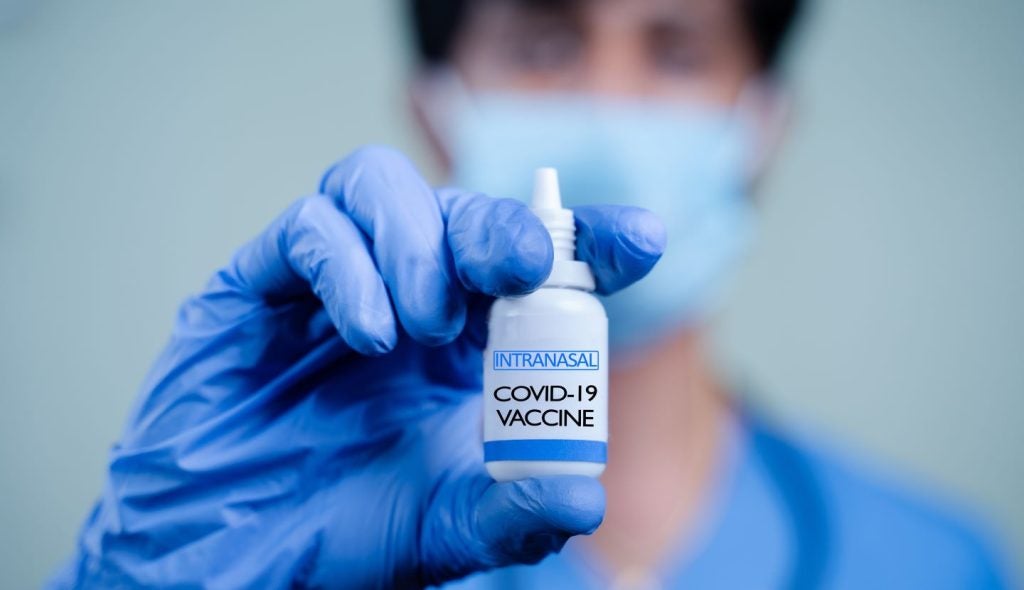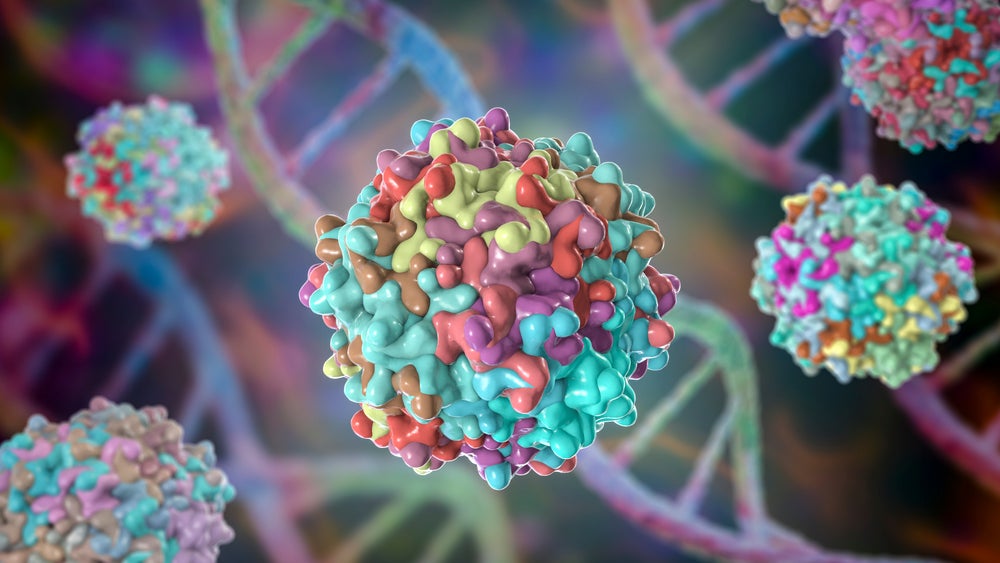CyanVac has received US federal funding through the Project NextGen initiative to conduct a Phase IIb comparative clinical trial of its intranasal parainfluenza virus 5 (PIV5)-based vaccine candidate, CVXGA.
Facilitated by the US Department of Health and Human Services, the funding aims to advance innovative vaccines offering broader protection against Covid-19.
To be executed through the clinical studies network of the Biomedical Advanced Research and Development Authority (BARDA), the upcoming trial involving 10,000 participants will be sponsored by CyanVac.
The double-blinded, randomised trial will compare CVXGA's efficacy, safety, and immunogenicity against an mRNA-based Covid-19 vaccine approved by the US Food and Drug Administration (FDA).
Anticipated to begin later this year, the trial will focus on individuals at a higher risk of severe illness, assessing the vaccine's ability to prevent both severe and asymptomatic Covid-19 infections.
CyanVac and its affiliate Blue Lake Biotechnology are developing the single-dose, intranasal vaccine to protect against SARS-CoV-2 infection and its severe outcomes.
In preclinical studies, CVXGA was found to be immunogenic, protective, and could prevent virus transmission.
Phase I trials have demonstrated that subjects receiving CVXGA exhibited strong mucosal, cellular, and humoral immune responses, with minimal reactogenicity and no serious vaccine-related events.
CyanVac founder and CEO Biao He said: “This award will accelerate the development of our PIV5-based intranasal Covid-19 vaccine, building on our very promising Phase I and preliminary Phase IIa clinical trial results.
“PIV5 is a novel intranasal vaccine vector that has been shown to replicate safely in humans in clinical trials and stimulates all three pillars of immunity, cellular, mucosal, and humoral – with minimal uncomfortable side effects.
"The successful development of an intranasal Covid-19 vaccine using this new vector will demonstrate the capabilities of our PIV5 platform and benefit the development of PIV5-based vaccines for other emerging infectious diseases.”










